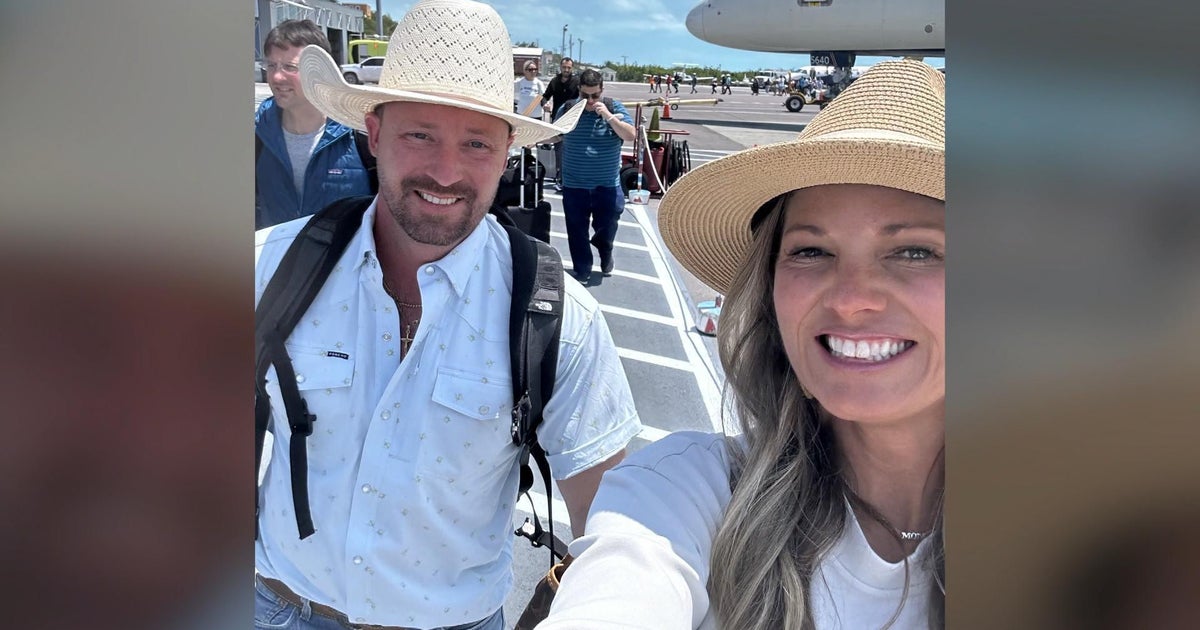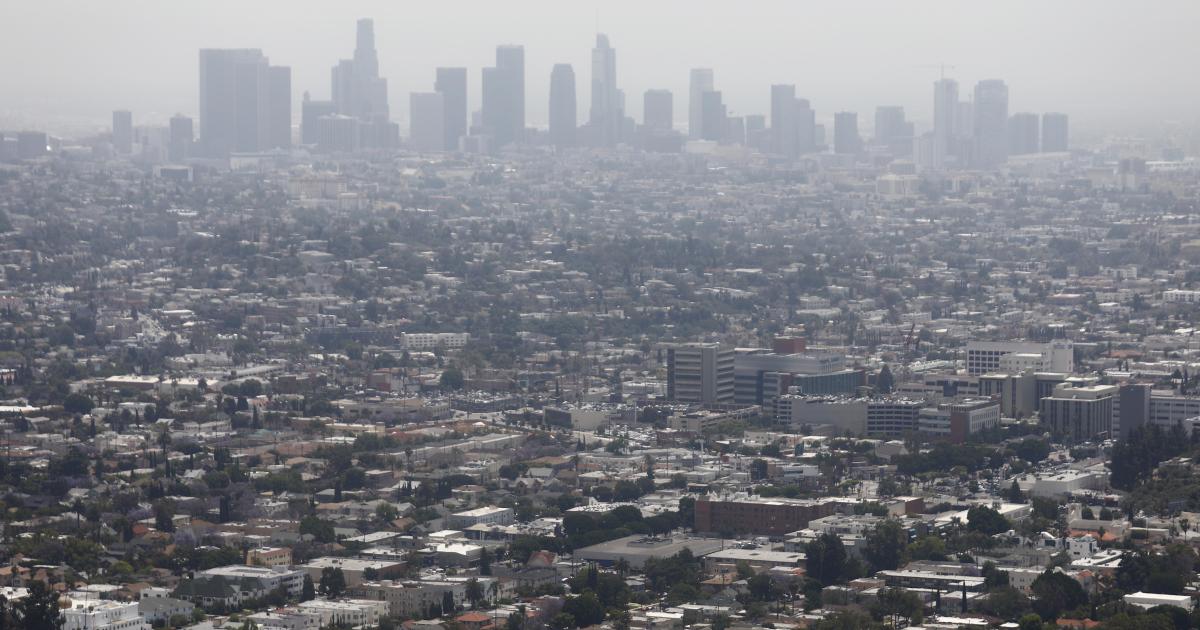Acts of hate rise among American teens
A photograph of junior prom attendees in Wisconsin smiling while raising their arms in a Nazi salute. A marching band in Georgia spelling out a racial slur. A high schooler in Chicago sending a swastika to his entire school.
Episodes of hate and intolerance, whether crimes or simply bad behavior, are on the rise in American schools.
Minors 18 years of age and younger were the offenders in 832 reported hate crimes in 2017, an increase of 27 percent from the year prior, according to FBI data released Tuesday. Minors accounted for 17 percent of all hate crimes in which the perpetrator was identifiable.
Anti-Semitic acts, both crimes and non-criminal behavior, nearly doubled at U.S. elementary and secondary schools in 2017, according to the Anti-Defamation League, a Jewish advocacy group.
Experts say the jump is more than just a case of "boys will be boys," but a reflection of the community around them.
"People view these as childish pranks, but they're more than that," said Jack McDevitt, the director of Northeastern's Institute on Race and Justice. "They send messages to communities that say, 'We don't want you.'"
Hate crimes are typically the stuff of men in their twenties and younger, said McDevitt, noting that younger people often mimic the attitudes of adults around them. In other words, when hate crimes rise nationally, offenses by minors rises even faster.
"They react to what they see in their community," McDevitt said. "When they see messages from society that says, 'It's okay," then it empowers young people who don't have a lot of perspective yet."
McDevitt recalled an instance when a 14-year old boy threw a Molotov cocktail into the home of a black family that had recently moved into a historically white neighborhood. When police asked what prompted the behavior, the boy said he'd overheard his parents say they'd potentially leave the community if other black families moved in.
"The parents were appalled by their son's interpretation, but it just shows that the language we use to portray other groups is important," McDevitt said.
Hate crimes in the U.S. increased 17 percent in 2017, the third straight annual increase, according to the FBI. The ADL recorded 457 anti-Jewish incidents in elementary and secondary schools, a 94 percent increase from 235 in the year prior. Jonathan Greenblatt, the chief executive officer of the ADL, called the continued increases "deeply troubling."
"While we can't say there is one reason why this happening everywhere, we do know that what happens in schools is a reflection of what is happening in society," wrote Greenblatt in an email to CBS News on Tuesday. "When anti-Semitic rhetoric or dog whistling is allowed in our public square and proliferates on social media without condemnation, especially from our leaders, it gives encouragement to impressionable young people."
Many researchers, including McDevitt, think there's even more hate crime in the U.S. than reported. The FBI only shares instances that local law enforcement has categorized as a hate crime, and definitions vary by jurisdiction. McDevitt worked with the FBI in 1990 traveling the country to train local police departments on how to identify hate crimes.
McDevitt recalled in the early 2000s reviewing a crime where townspeople had placed small, burning crosses on the front yard of a black family. The crime wasn't categorized as a hate crime because local police required that a cross be six feet tall and wrapped in rags in order to qualify.
"We've moved in a positive direction, but there's still a lot of work to go," McDevitt said.



